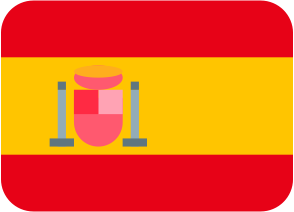Mindful Money Habits for Conscious Financial Management
Practical strategies to build mindful budgeting, saving and investing routines that align spending with long-term financial goals and overall wellbeing

Build a Mindful Budget That Works
Start by tracking your actual monthly cash flow from your checking and savings accounts, paychecks and recurring bills. Use simple categories that match your life, like groceries, transit, entertainment and debt payments, so your budget feels realistic and not like a strict diet.
Set flexible spending rules instead of rigid limits: assign a purpose to each dollar and leave room for fun. Reviewing the plan weekly keeps it aligned with short-term goals and avoids surprise overdrafts or credit card interest that can derail progress.
Reframe Saving as a Habit, Not a Chore
Automate transfers to an emergency fund and retirement account so saving happens without daily willpower. Start small if you need to; even $25 a week builds momentum and keeps you accountable without sacrificing present needs.
Talk about money openly with people you trust to reduce shame and make better choices. Clear, goal-based saving—whether for a home down payment, a trip, or retirement—helps you prioritize and resist impulse buys that don’t align with what matters.
Invest with Intention and Simplicity
Match investments to your timeline and risk tolerance: keep short-term cash needs liquid and direct retirement savings into diversified low-cost funds. For many Americans, contributing to a 401(k) with employer match is the fastest way to get ahead.
Avoid frequent trading driven by headlines. A disciplined, long-term approach with automatic contributions reduces stress, lowers fees and improves odds of compounding returns. Rebalance periodically and keep an emergency buffer to prevent forced selling.
Daily Habits That Support Financial Wellbeing
Practice mindful spending by pausing before purchases: wait 48 hours on non-essential buys and ask if the item fits your goals. Use intention to break the cycle of retail therapy and build a clearer sense of what brings lasting satisfaction.
Review statements monthly, celebrate small wins and iterate on your plan. If you want a practical next step, set a 30-day mindful money challenge: track every expense, automate one savings transfer and cut one recurring service you don’t use. Small consistent changes lead to steady financial freedom.






























